The Idaho Outfitters and Guides Licensing Board (IOGLB) regulates and oversees the state’s outfitting and guiding industry, ensuring public safety and resource conservation through licensing and standards․
1․1 Overview of the Board’s Role and Structure
The Idaho Outfitters and Guides Licensing Board (IOGLB) is a state regulatory agency responsible for overseeing the licensing and operations of outfitters and guides․ It ensures compliance with state laws, promotes safety, and protects natural resources․ The board consists of appointed members with expertise in relevant fields, working together to maintain ethical standards and sustainable practices within the industry․
1․2 Importance of Licensing for Outfitters and Guides in Idaho
Licensing ensures outfitters and guides meet safety, ethical, and environmental standards, protecting both clients and Idaho’s natural resources․ It maintains industry professionalism, accountability, and public trust, while also preserving the state’s wilderness and wildlife for future generations through regulated and sustainable practices․
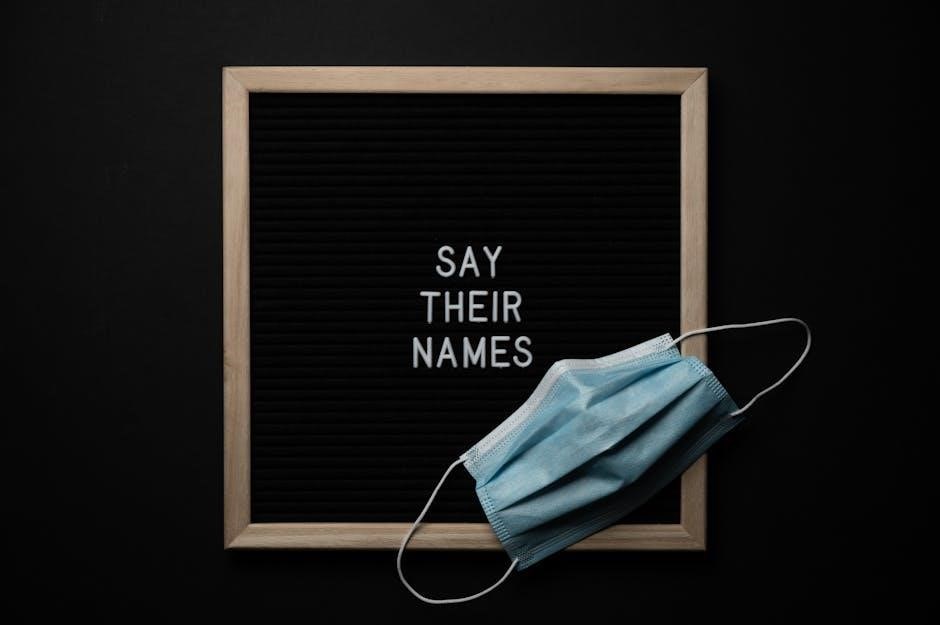
Licensing Requirements for Outfitters and Guides
Obtaining a license requires meeting specific criteria, passing exams, completing training, and securing insurance to ensure safety, professionalism, and environmental stewardship in Idaho’s guiding industry․
2․1 Eligibility Criteria for Obtaining a License
To qualify, applicants must be at least 18 years old, pass a background check, hold first aid and CPR certifications, carry liability insurance, and demonstrate relevant experience in guiding or outfitting in Idaho․
2․2 Application Process and Necessary Documentation
- The application must be submitted with a completed form;
- Provide proof of liability insurance․
- Include first aid and CPR certification․
- Submit a detailed operating plan․
- Pay the required licensing fee․
2․3 Licensing Exams and Training Requirements
Applicants must pass a written exam covering wildlife management, first aid, and environmental conservation․ Practical exams assess guiding skills and safety protocols․ Training programs are mandatory, focusing on emergency response, ethics, and sustainable practices․ Ongoing education ensures guides stay updated on regulations and industry standards, maintaining high levels of professionalism and client safety․
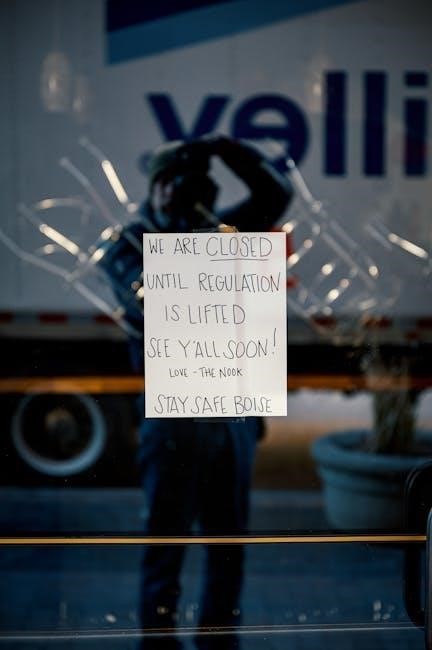
Types of Licenses and Permits
The IOGLB offers outfitter licenses, guide licenses, and special permits for specific activities, ensuring legal operation and adherence to state regulations for all guiding and outfitting services in Idaho․
3․1 Outfitter Licenses
An outfitter license allows businesses to organize and lead outdoor activities like hunting, fishing, and rafting․ Applicants must meet specific requirements, including liability insurance and a detailed business plan․ Issued by the IOGLB, these licenses ensure compliance with state regulations and promote safe, ethical practices․ They are typically renewed annually and cover a variety of guided activities across Idaho’s diverse landscapes․
3․2 Guide Licenses
A guide license is required for individuals leading outdoor activities in Idaho․ Applicants must pass a background check, complete first aid certification, and demonstrate expertise in their specific activity․ Licenses are issued for activities like hunting, fishing, or rafting, ensuring guides meet safety and ethical standards․ Guides must work under a licensed outfitter or obtain their own outfitter license․
3․3 Special Permits for Specific Activities
Special permits are required for unique or high-risk activities, such as heli-skiing or big game hunting․ These permits ensure adherence to environmental and safety regulations․ Applicants must demonstrate expertise and meet additional requirements specific to the activity․ Permits are issued in conjunction with a primary license, ensuring compliance with Idaho’s conservation and public safety goals;
Costs and Fees Associated with Licensing
Licensing fees for outfitters and guides vary based on activity type and duration․ Additional costs include insurance, equipment, and annual renewal fees, ensuring regulatory compliance and safety standards․
4․1 License and Permit Fees
License and permit fees vary based on the type of activity and duration․ Outfitters pay initial application fees, annual renewal fees, and additional charges for specific permits․ Costs cover regulatory oversight, environmental conservation, and public resource management, ensuring sustainable practices and adherence to state regulations․
4․2 Additional Costs for Insurance and Equipment
Beyond license fees, outfitters incur costs for liability insurance, accident coverage, and equipment maintenance․ Insurance protects against unforeseen incidents, while equipment expenses include boats, vehicles, and gear․ These costs ensure compliance with safety standards and support professional, reliable services for clients․ They are essential for maintaining operational integrity and providing quality experiences․
Role of the Idaho Outfitters and Guides Association (IOGA)
IOGA unites Idaho’s outfitters and guides, advocating for industry growth, integrity, and responsible practices while supporting conservation and public access to outdoor adventures․
5․1 Mission and Objectives of IOGA
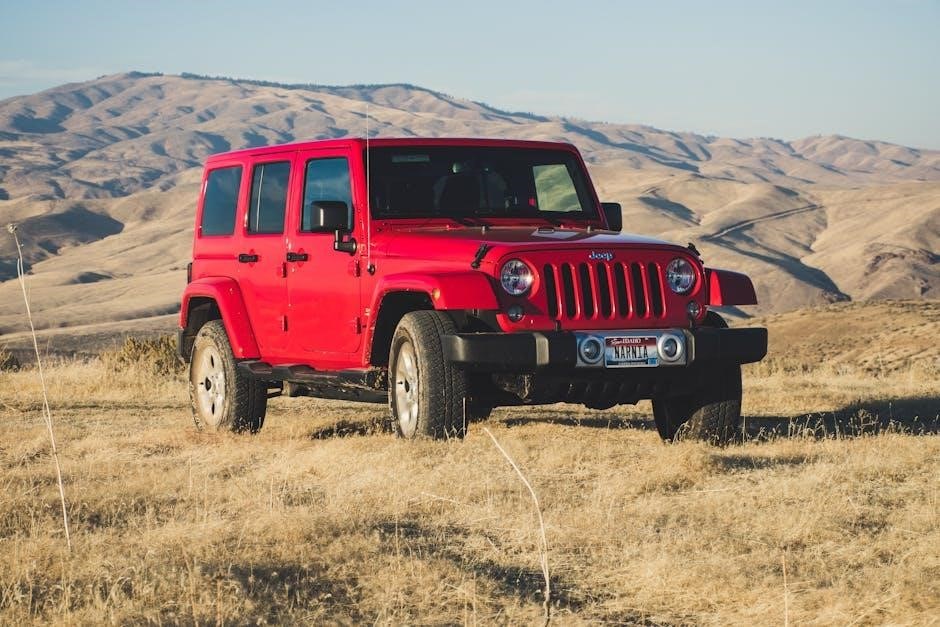
IOGA’s mission is to promote responsible outfitting and guiding practices, conserve Idaho’s natural resources, and ensure sustainable tourism․ Its objectives include advocating for industry growth, maintaining public access to lands, and fostering partnerships with stakeholders to uphold ethical standards and environmental stewardship․
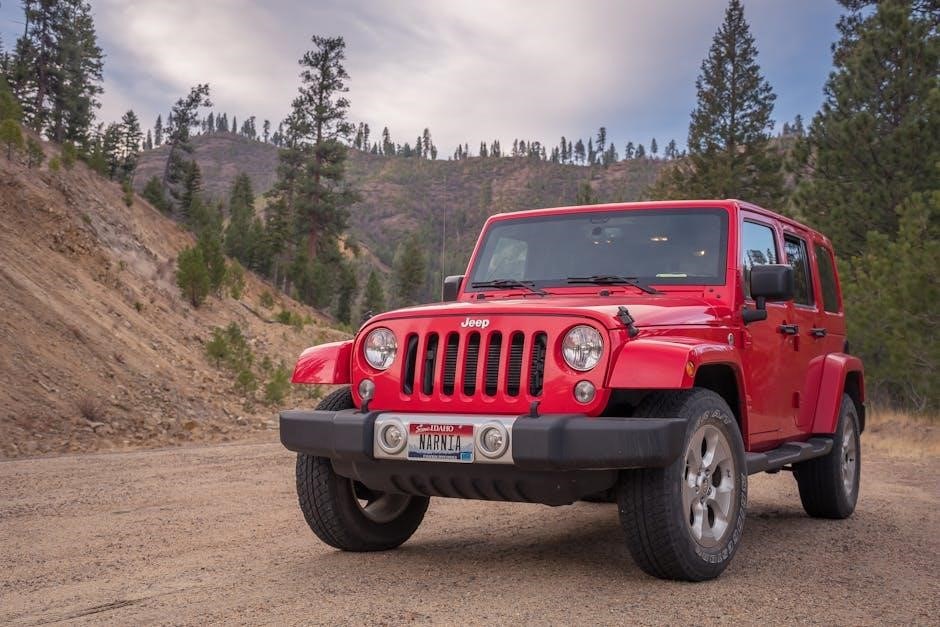
5․2 Advocacy for the Outfitting and Guiding Industry
IOGA advocates for the outfitting and guiding industry by lobbying for favorable policies, protecting access to public lands, and promoting ethical practices․ It works to preserve deer and elk tags for Idaho guides, ensuring industry integrity and growth while addressing challenges like resource management and regulatory changes․

Ethical Standards and Best Practices
The Idaho Outfitters and Guides Licensing Board promotes ethical standards, emphasizing environmental stewardship, wildlife conservation, and client safety․ Guides must adhere to strict safety protocols and professional conduct standards․
6․1 Environmental and Wildlife Conservation Practices
The Idaho Outfitters and Guides Licensing Board enforces strict environmental and wildlife conservation practices․ Guides must minimize ecological impact by using biodegradable supplies, avoiding sensitive habitats, and ensuring responsible waste disposal․ These practices protect Idaho’s biodiversity, maintain pristine landscapes, and promote sustainable tourism, safeguarding natural resources for future generations to enjoy and explore․
6․2 Safety Protocols for Clients
Idaho outfitters and guides must adhere to rigorous safety protocols to protect clients․ This includes providing first aid training, conducting thorough risk assessments, and ensuring proper equipment maintenance․ Guides are required to brief clients on safety procedures and emergency response plans, ensuring a secure and enjoyable experience during outdoor adventures in Idaho’s wilderness․
6․3 Professional Conduct and Client Relations
Outfitters and guides must maintain high ethical standards, ensuring respectful and professional interactions with clients․ This includes clear communication about trip expectations, boundaries, and safety․ Building trust through transparent practices and delivering on promised services fosters positive client relations and upholds the industry’s reputation in Idaho․

How to Choose a Reputable Outfitter or Guide
Research licensed outfitters, verify credentials, and read client reviews to ensure reliability․ Understanding their services and packages helps match your needs with their expertise and offerings․
7․1 Researching and Selecting a Licensed Outfitter
Verify licensure with the Idaho Outfitters and Guides Licensing Board; Check online reviews, ask for references, and ensure the outfitter specializes in your desired activity․ Review their safety record, client testimonials, and service packages to ensure alignment with your needs and expectations for a successful outdoor experience․
7․2 Checking Reviews and References
Research online reviews from credible sources like the IOGLB website or third-party platforms․ Contact previous clients to verify credibility and satisfaction․ Ensure the outfitter has a proven track record of safety, professionalism, and client satisfaction․ This due diligence helps ensure a reliable and enjoyable outdoor experience tailored to your needs and expectations․
7․3 Understanding the Services and Packages Offered
Review the outfitter’s services to ensure they align with your interests and skill level․ Check if packages include guided hunts, fishing trips, or adventure tours․ Verify details like meal provisions, gear rentals, and transportation․ Ensure transparency in costs and what’s included․ This helps you select a package that meets your needs and enhances your outdoor experience in Idaho․

Consequences of Non-Compliance
Operating without a license or violating regulations can result in severe penalties, including fines, license revocation, and legal action, ensuring compliance is crucial․
8․1 Penalties for Operating Without a License
Operating without a license in Idaho can result in significant legal consequences, including substantial fines, legal action, and potential closure of the outfitting or guiding business․ Penalties are enforced to ensure compliance with state regulations and protect both consumers and the integrity of the industry․ Non-licensed operators face severe repercussions to maintain public safety and ethical standards․
8․2 Revocation of Licenses for Violations
Licenses may be revoked for serious violations of Idaho’s outfitting and guiding regulations․ Revocation typically occurs for repeated offenses, such as safety breaches or legal non-compliance․ This measure ensures accountability and protects clients from substandard services․ The process is fair, with license holders receiving prior notice and an opportunity for a hearing before any final decision is made․
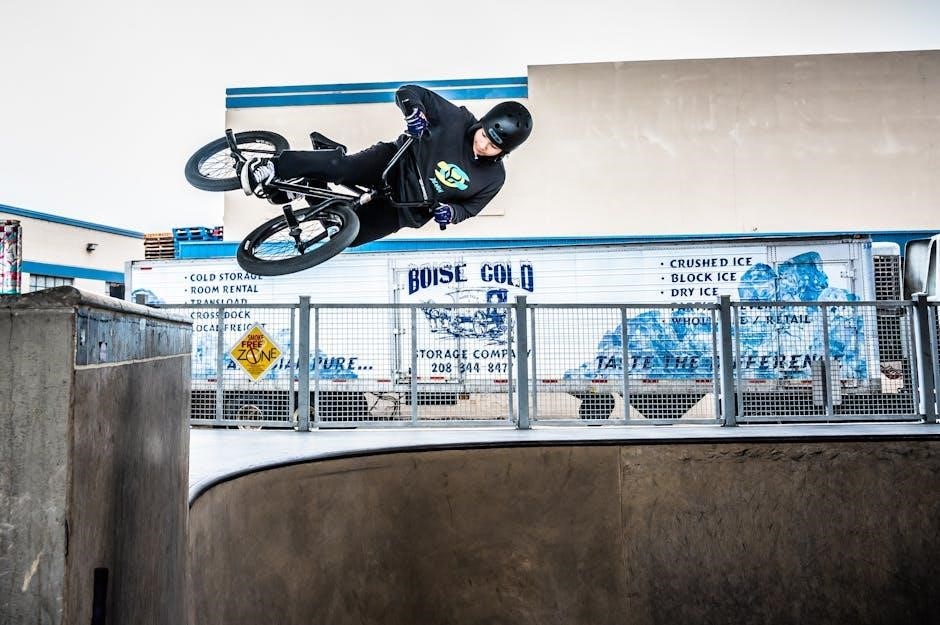
Filing a Complaint Against an Outfitter or Guide
To file a complaint, individuals must submit detailed documentation to the Idaho Outfitters and Guides Licensing Board․ The process ensures accountability and protects clients from unethical practices through formal investigation procedures․
9․1 Process for Submitting a Complaint
To submit a complaint against an outfitter or guide in Idaho, individuals must complete a formal complaint form, provide detailed evidence, and file it with the Idaho Outfitters and Guides Licensing Board․ The process includes:
- Gathering relevant documentation and evidence․
- Submitting the complaint form online or by mail․
- Ensuring compliance with filing deadlines․
- Receiving confirmation and tracking the investigation status․
Complaints are reviewed thoroughly, and the IOGLB may provide assistance to resolve disputes fairly․
9․2 Investigation and Resolution Procedures
The Idaho Outfitters and Guides Licensing Board conducts thorough investigations into complaints, gathering evidence and interviewing parties involved․ The board ensures impartial review and may mediate disputes or impose penalties․ Resolutions may include corrective actions, fines, or license revocation, ensuring fair and transparent outcomes for all parties involved while maintaining industry standards and public trust․

The Future of Idaho’s Outfitting and Guiding Industry
Idaho’s outfitting and guiding industry is poised for growth, driven by increasing demand for outdoor adventures and the state’s vast wilderness․ Sustainability and innovation will shape its future․
10․1 Emerging Trends and Challenges
Idaho’s outfitting industry faces emerging trends like increased demand for eco-friendly tours and technology integration․ Challenges include balancing sustainability with growth, managing permits, and maintaining high safety standards․ Rising interest in adventure tourism and wilderness experiences presents opportunities, while climate change and resource conservation require adaptive strategies to ensure long-term viability and environmental stewardship․
10․2 Opportunities for Growth and Innovation
Idaho’s outfitting industry can expand by offering eco-friendly tours, leveraging technology for enhanced customer experiences, and diversifying services․ Growing demand for adventure tourism presents opportunities to innovate in wilderness education, sustainable practices, and specialized guided activities․ Strategic partnerships and targeted marketing can attract a broader audience, fostering industry growth while preserving Idaho’s natural heritage for future generations․
